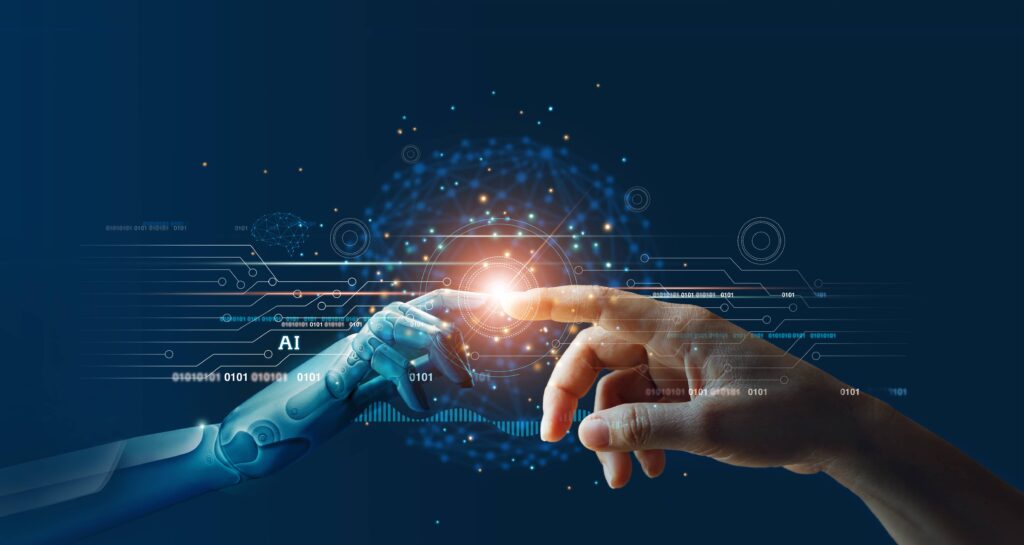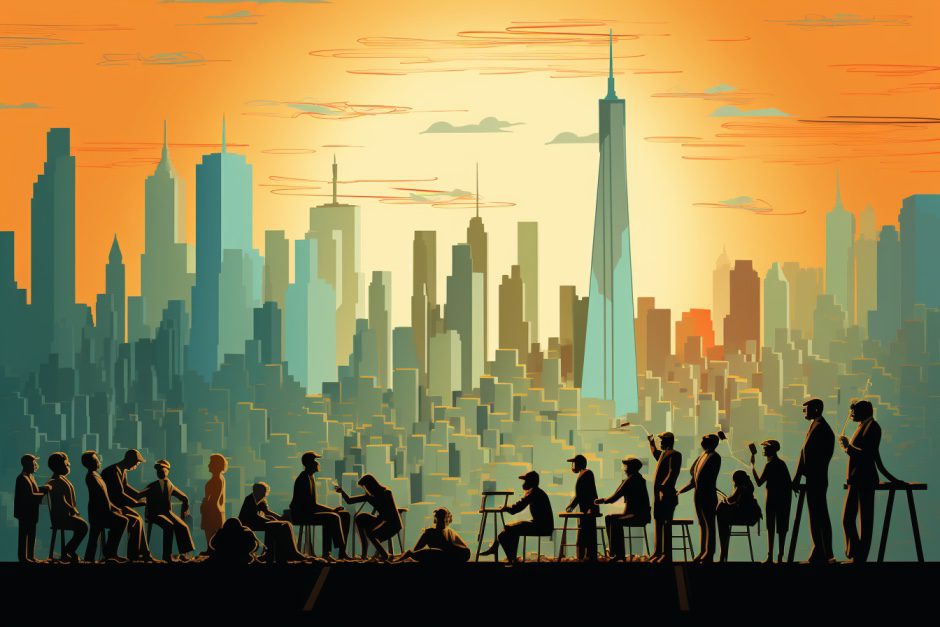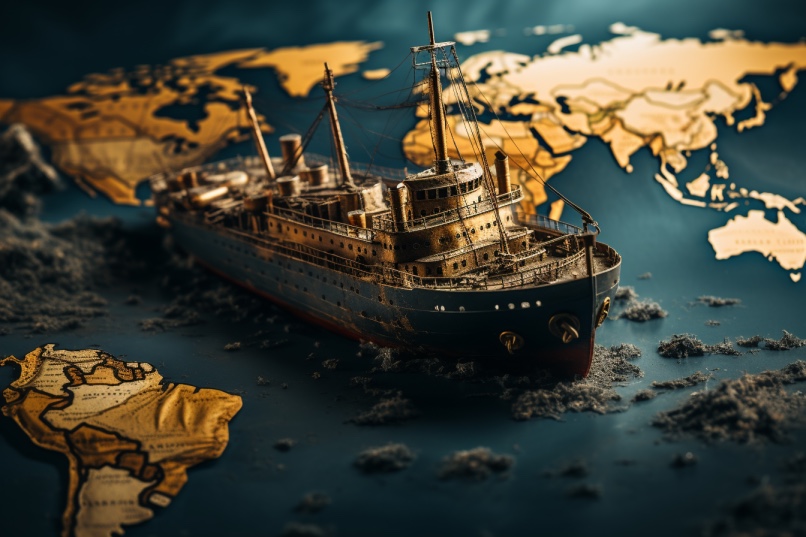Imagine finding yourself on a large cruise ship, a symbol of the progress of human civilization. Everything seems to be going well, including entertainment, buffets and relaxation. At least for a while the obstacles, even serious ones, are all overcome. Until, at a certain point, the ship begins to take on water.
In a short time the situation becomes dramatic: the water rises quickly and the ship risks sinking at any moment. Panic spreads among the passengers. There are those who scream, those who cry, those who try to save themselves as best they can.
To avoid disaster, the only solution is to get into the lifeboats. But there are too many people and too few lifeboats. Does it remind you of anything? Jack!
How to decide who to pick up and who to leave to their fate?
This imaginary situation can plastically represent the risk for the future of our civilization. A risk posed by geopolitical imbalances, by greed of a turbo-liberal society based only on profit and personal affirmation.
The "ship of civilization" has begun to take on water in the excesses of capitalist society, in the exaltation of imperialism, in the subjection of science and research to industrial policies, in the predominance of finance over the welfare state, in many other failures that we must address . And also, let us not leave them aside, from the incorrect use of technological advances: in particular those in the field of artificial intelligence and biotechnology.
For example, in the field of biotechnology the ability to modify the genetic code could bring incredible results. From the genetically modified food to the "resurrection" of the Mammoths, passing through the care of symptoms of aging, the feeling is that anything is possible. Even catastrophic and irreversible consequences if this technology is used with malicious intent. Just as a single leak can sink a large ship, a single "red button" pressed by one person could compromise the future of entire generations.
Also artificial intelligence generates new possibilities: I skip all the positive components (you can find most of them in the corresponding section of this site) but also new existential risks for humanity, linked to its power and decision-making autonomy. We live in its embryonic phase, many cries of alarm they are just propaganda, but we must still prepare for when these upheavals will really come alive.

Few lifeboats for too many castaways
Faced with these risks, as in the example of the sinking ship, we must ask ourselves: how do we prevent someone from pressing the "red button" that triggers the Apocalypse? How do we “save” as many people as possible?
Unfortunately, at the moment there are few "lifeboats" available compared to potential "shipwrecked" people. We can try to limit access to the riskiest technologies, but we know that sooner or later someone will overcome the bans. We can hope that common sense will prevail, but it would be naive to rely only on this.
A rescue for civilization
If we really want to secure the future of humanity, the only solution is to build a "lifeboat" large enough to contain all the passengers on the ship. A lifeboat that is also able to reduce the risk that someone, driven by desperation or isolation, ends up committing an irreparable act.
This metaphorical "lifeboat of civilization" is nothing other than a more just and balanced society, which truly takes everyone's needs to heart. A society where mutual trust reigns and not exaggerated individualism.
Utopia? No. There is a concrete tool to achieve all this: it could be the introduction of a UBI, a basic universal income. Through a UBIIn fact, each individual would be considered an integral part of the "lifeboat of civilization", receiving the resources necessary to lead a dignified existence.

Beneficial effects of UBI on the “ship of civilization”
There are many studies that have demonstrated the positive effects of universal basic income:
- Increase social capital and mutual trust;
- Improve mental health, reducing stress and isolation;
- decreases violence, crime and anti-social behaviour;
- Fight poverty and inequality.
In short, a society with UBI would be populated by individuals less inclined to take reckless or deliberately destructive actions. Universal basic income would make the “ship of civilization” safer and more stable.
In short (Italian only)
However imperfect, the metaphor of the sinking ship is my attempt to convey to you a sense of risk for the future of civilization. Of course, not even a universal basic income will ever completely eliminate the possibility of someone doing bad things. But if it even significantly reduced that possibility, it would definitely be worth implementing.
To preserve the future of our “ship,” let us immediately begin building larger, safer lifeboats for civilization.
Let's do it, the journey together can still be long and beautiful.


